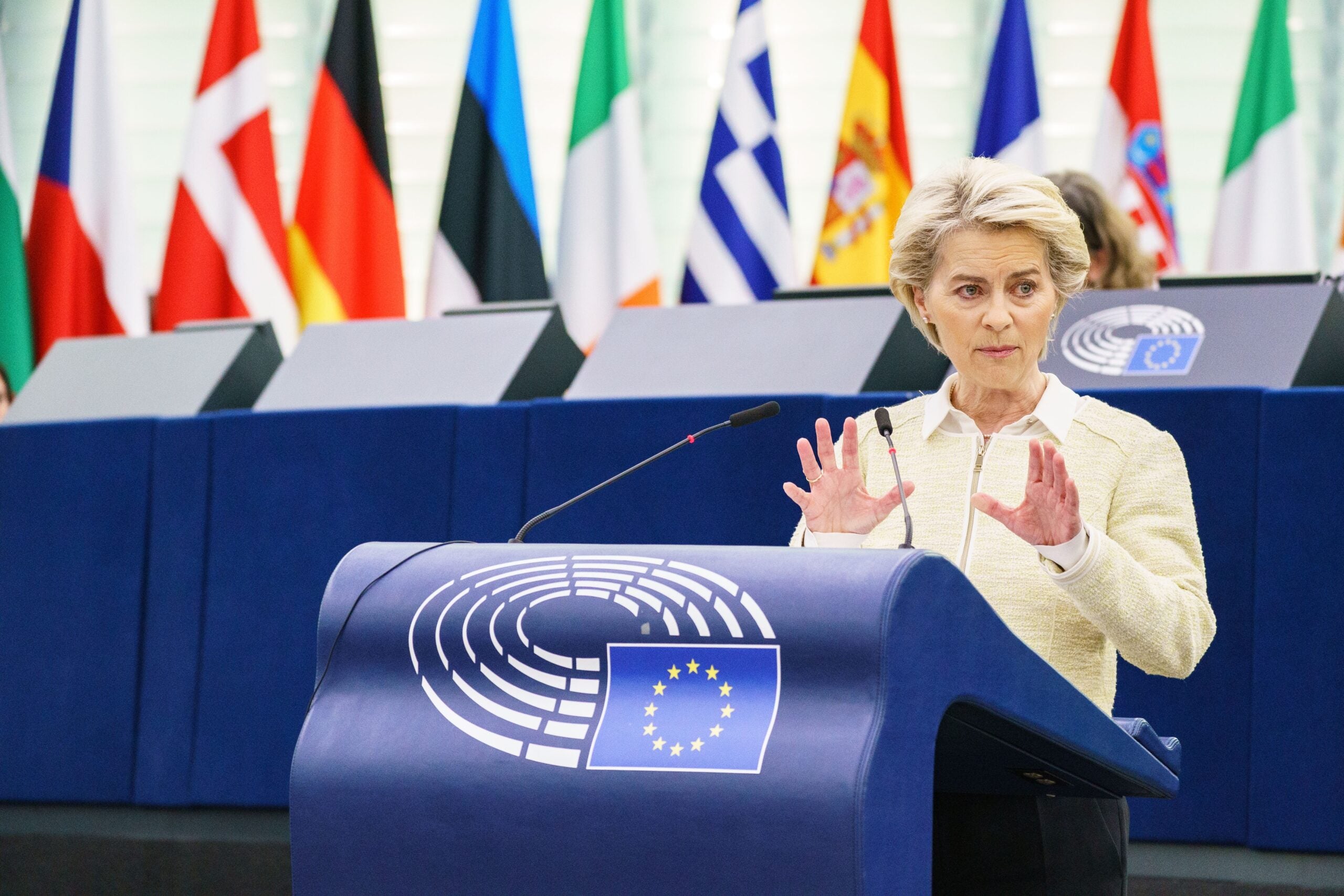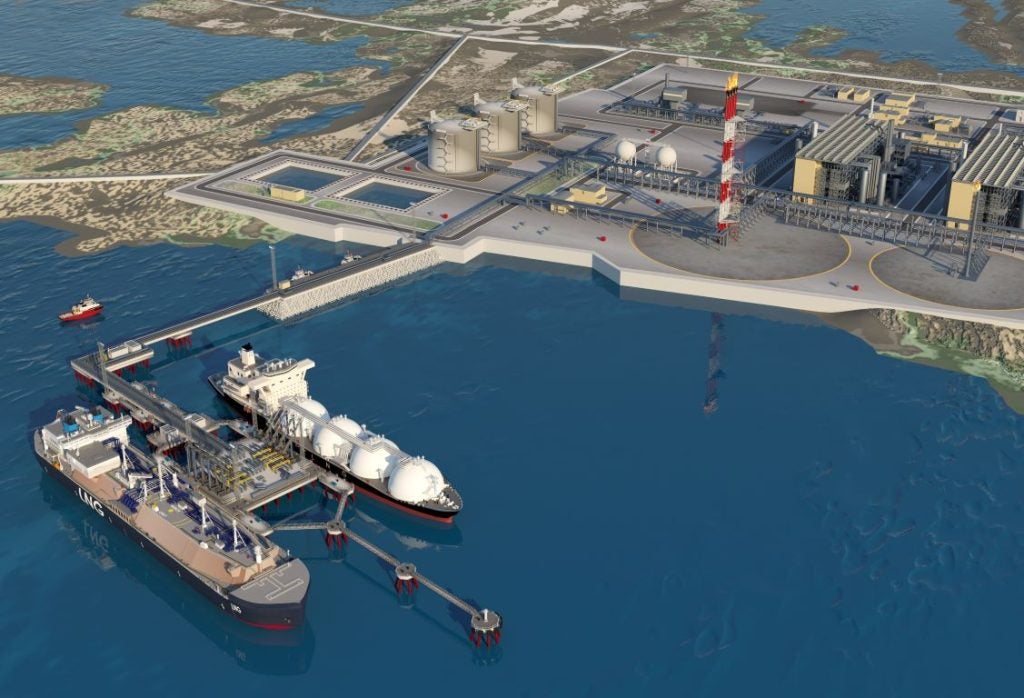
The EU plans to make fossil fuel companies help pay for climate change mitigation efforts in developing economies under a UN target, a draft document shows.
One of the main focuses at COP29 will be on global climate financing as the impacts of climate change, such as deadly heatwaves, drought, floods and wildfires, become more keenly felt, particularly in developing countries that typically contribute least to global emissions. This year’s summit marks the deadline for richer economies to agree on a new target relating to how much they should fund poorer countries to help mitigate the worst impacts of global warming.
The new finance target is expected to be far higher than the UN’s current commitment, which asks developed nations to spend $100bn per year from 2020 on climate change mitigation, a goal that has already been missed. The OECD has said that developing nations will require at least $1trn annually by 2025.
Talks at COP29 will also decide where this funding will be sourced. Nations will have to agree on whether money will come strictly from public spending, and if so, which countries are expected to pay, as well as if private industry will be mandated to contribute.
A draft statement, seen by Reuters, showed that at this year’s COP summit in Azerbaijan, the EU plans to argue that the oil and gas sector should join governments in contributing financially to climate action.
See Also:
The EU’s statement reads: “Recognising that public finance alone cannot provide the quantum necessary for the new goal, additional, new and innovative sources of finance from a wide variety of sources, including from the fossil fuel sector, should be identified and utilised,” although this plan could change before its formal adoption, due later this month.
How well do you really know your competitors?
Access the most comprehensive Company Profiles on the market, powered by GlobalData. Save hours of research. Gain competitive edge.

Thank you!
Your download email will arrive shortly
Not ready to buy yet? Download a free sample
We are confident about the unique quality of our Company Profiles. However, we want you to make the most beneficial decision for your business, so we offer a free sample that you can download by submitting the below form
By GlobalDataHowever, the road to global measures on emissions taxes is steep because huge support is required for successful international enforcement.
For example, in July last year, member states of the International Maritime Organization (IMO), the UN body responsible for the governance of global shipping, failed to agree on a carbon levy for the shipping industry despite strong pressure to do so. Talks on carbon tax were deferred due to opposition from major countries such as China but are expected to continue this month.
The draft document also said the EU will continue to demand that emerging economies and those with high CO₂ emissions and per-capita wealth – such as China and Middle Eastern states – should contribute towards any new financing goals, which China has opposed in previous talks.





